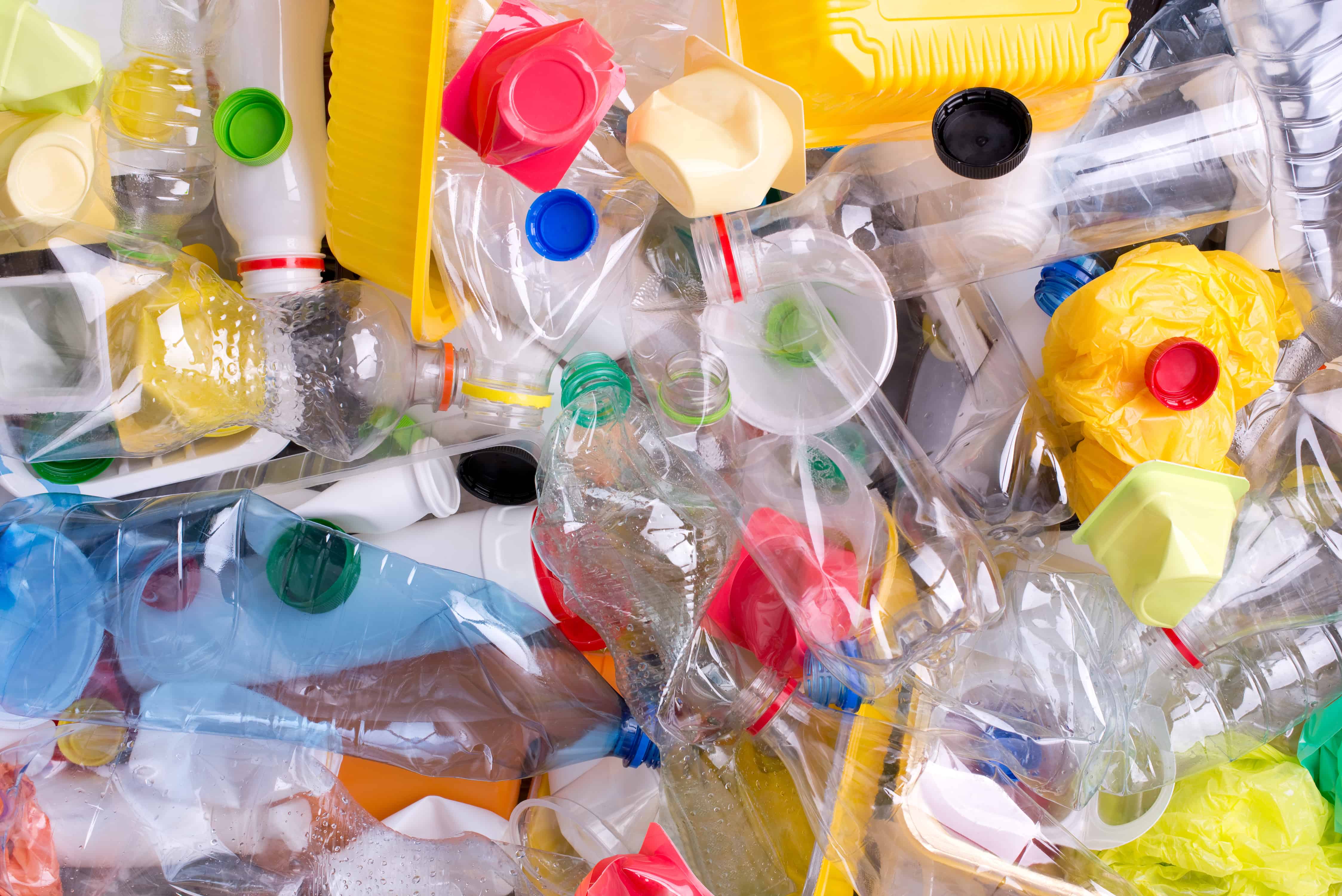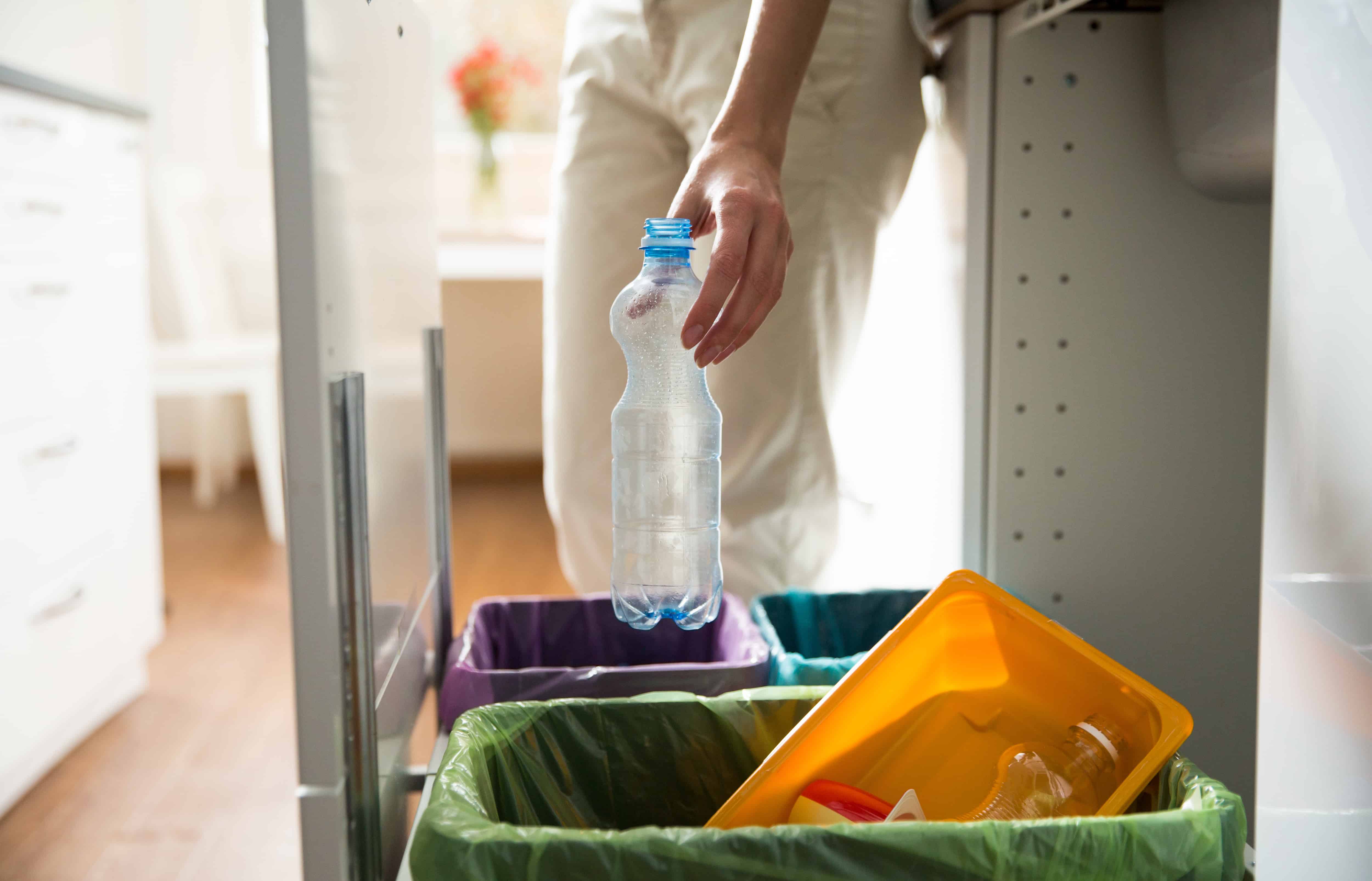Understanding the Various Stages of Plastic Recycling

Since its invention, plastic has become a part of our daily lives. It is used almost everywhere and in so many areas of workplaces, homes, and even gardens. Its usage can be seen in a number of products such as automobiles, children’s toys, food containers, building materials, and other consumer goods such as clothes and carpets. However, have you considered the impact that plastic waste has on the environment given that it does not decompose in landfills? This is where industrial plastic recycling in Tennessee comes into play as an important procedure for saving the environment. Plastic recycling simply refers to the process of collecting scrap or waste plastic and reprocessing it into functional products for use elsewhere. This approach helps in resource conservation and keeping landfills and other possible plastic destinations like oceans and rivers clean and trash free.
The following is an outline of how plastic is recycled to help you understand how you can chip in to ease the process from your end.
Collection
The first stage in the plastic recycling process begins with you. If you own a business that produces plastic waste or if there is plastic waste in your household items, then you have the option to ensure that you dispose of the plastics in the right places. Separate the common waste from the plastic waste so that the plastics can remain in a recyclable form. If possible, rinse your plastic items before putting them in the bin for pickup.
Sorting
Sorting is the second stage in the recycling of industrial plastic in Tennessee. Sorting is done once the plastic wastes get to the recycling center. The sorting may differ depending on the recycling facility and the intended end product. The plastics are sorted based on the following criteria:
• Type of plastic
• Color
• How it was made
Rinsing
After sorting, plastic waste is cleaned properly to get rid of any impurities such as adhesives, labels, food residue, and any other non-plastic component. Washing enhances the quality and state of the final product.
Cutting and Resizing
After sorting and washing, the recyclables are cut into smaller, reusable pieces. This is done by passing them through shredders that tear them into small pellets that are easier to reshape, process, or even transport. At this stage, any non-plastic material that may have passed the other stages is also removed.

Identification and Classification
This is a crucial step in the recycling of industrial plastic scrap in TN. The plastic pellets are tested to ascertain their class and quality. Some of the qualities tested include density, air classification, melting point, and color. To test density, the particles will be put in a tank of water where the less dense ones float, and the denser ones sink. For air classification, the particles are passed through a wind tunnel where the small ones fly higher, and the bigger ones remain lower. A sample is then analyzed to finally determine the melting point and color.
Extruding
This is the final stage for recycling industrial plastic in Tennessee. The shredded plastic is smashed and melted into plastic pellets in readiness for making other plastic items.
It is time that all of us became environmentally conscious and started handling plastic waste with a little more care. At Seraphim Plastics, LLC, we understand the impact that plastic waste has on the environment, and we are dedicated to helping solve the problem by handling large industrial plastic scrap in Tennessee. Come to us for the processing of all post-industrial scrap!